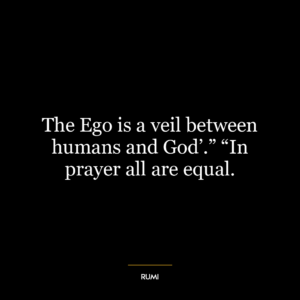This quote suggests that the act of practicing love, kindness, and compassion is not merely a selfless act, but one that also benefits the person who practices these virtues. It implies that there is an inherent reward in being kind and compassionate to others, which may not be a material or immediate gain, but a deeper, more spiritual and emotional profit.
The "profit" here can be understood as a sense of fulfillment, peace, and contentment that comes from helping others and spreading positivity. When we show kindness and compassion, we are not just making someone else’s life better, but we are also improving our own emotional and mental state. It enhances our understanding of others, fosters empathy, and can help us to become more patient and understanding. It can reduce stress, improve our mood, and create a more positive outlook on life.
In today’s world, where there is often a focus on individual success and achievement, this quote serves as a reminder of the importance of empathy and compassion. It suggests that true success and happiness lie not in what we accumulate for ourselves, but in what we do for others.
In terms of personal development, this idea encourages us to cultivate a mindset of love and compassion. It suggests that our personal growth is tied not just to our individual achievements, but also to our relationships with others and our ability to empathize, understand, and help. Practicing kindness and compassion can make us more emotionally intelligent, improve our relationships, and ultimately lead to a more fulfilling and meaningful life.
In essence, the quote emphasizes that the act of giving (love, kindness, compassion) can be as rewarding, if not more so, than the act of receiving. It’s an invitation to shift our perspective from a transactional, ‘what’s in it for me’ approach, to a more holistic, empathetic mindset where the act of giving itself is seen as a reward.















